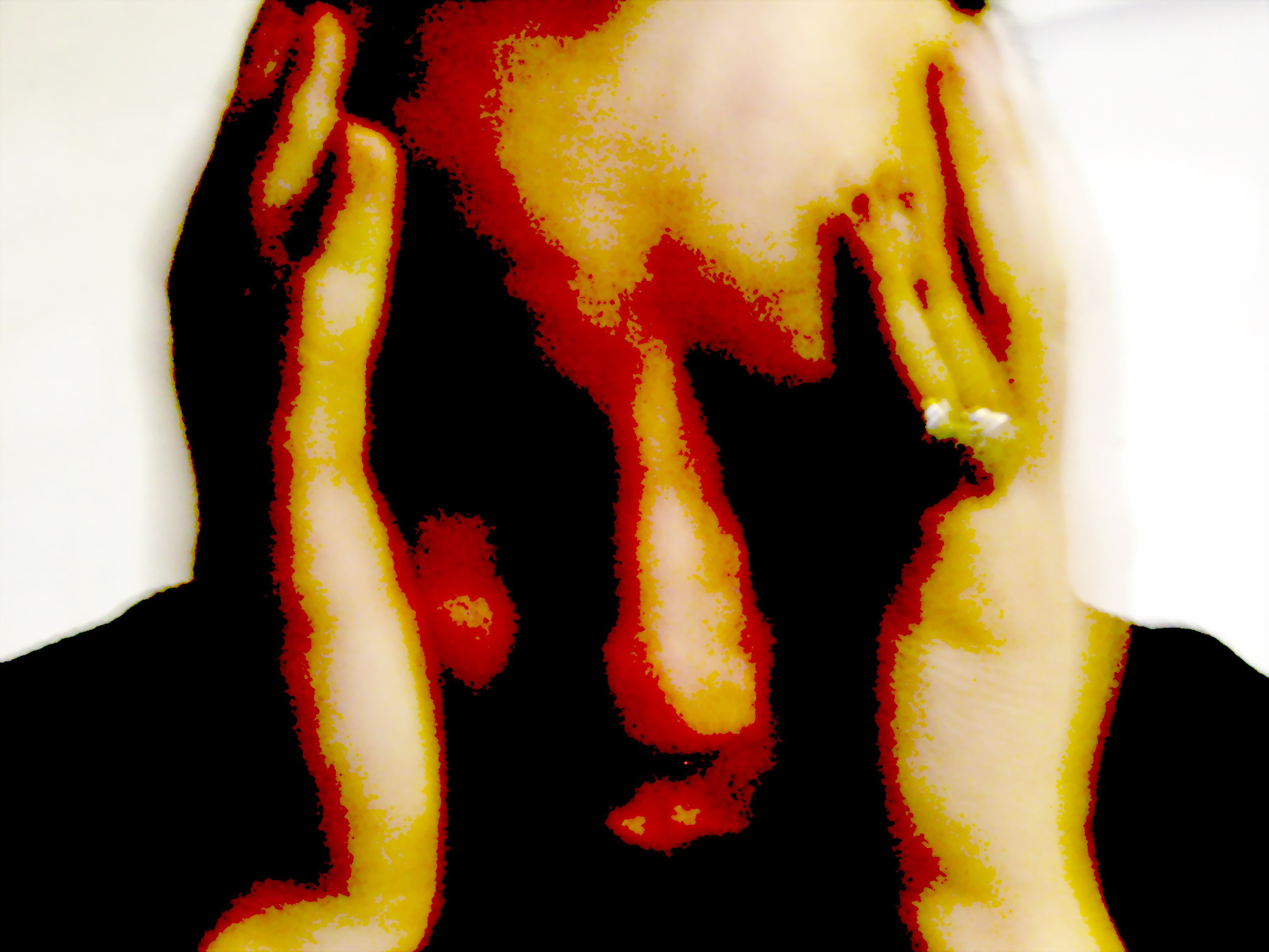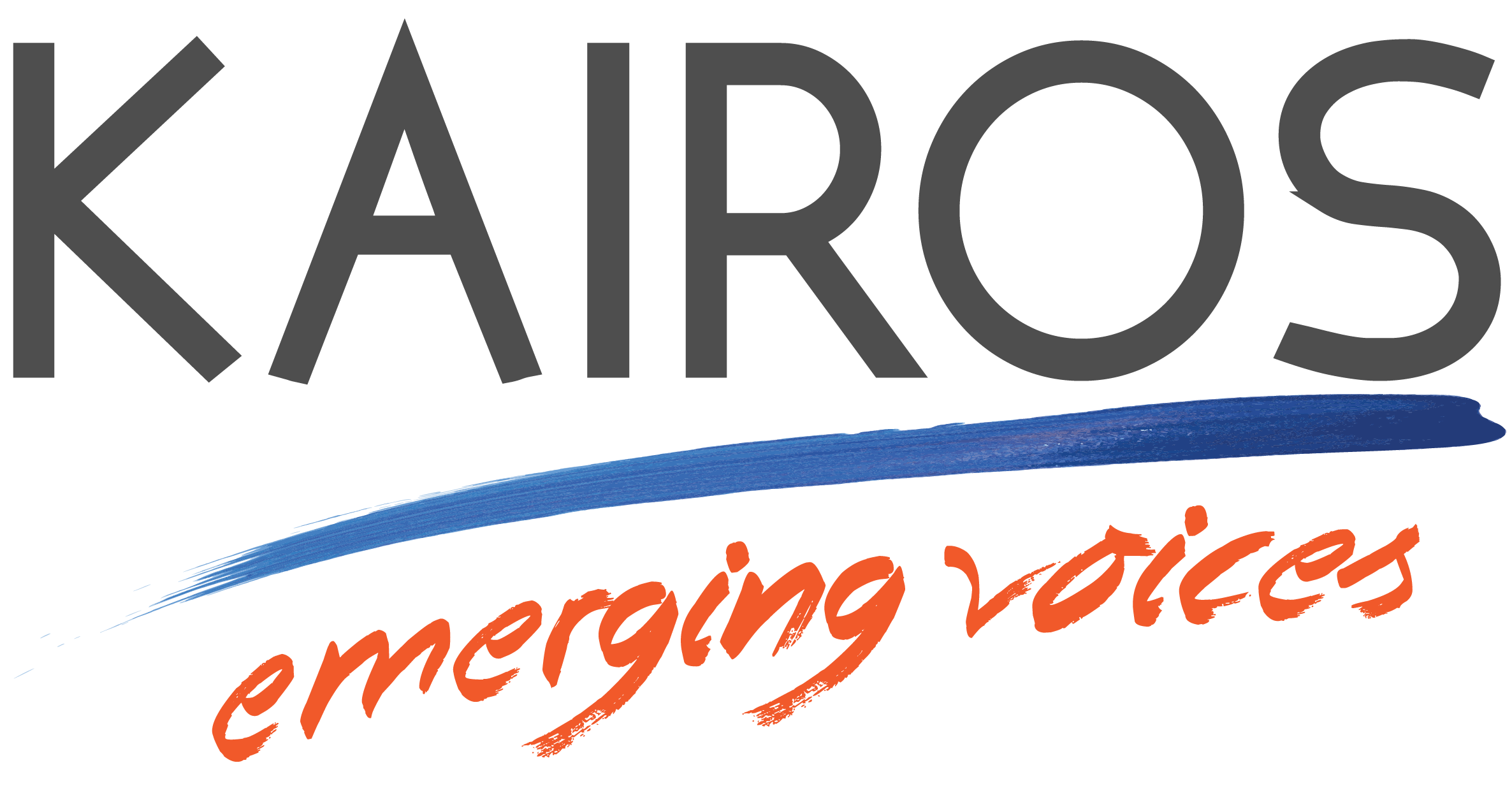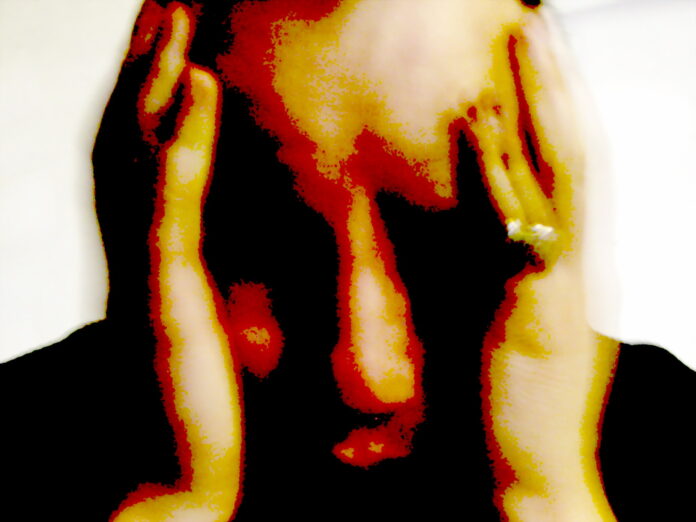 I have a lot of good memories of my dad, from when he was clean. But those memories are mostly drowned out by the bad ones, from when he was high.
I have a lot of good memories of my dad, from when he was clean. But those memories are mostly drowned out by the bad ones, from when he was high.
The only time I saw my dad cry was at the end of 8th grade.
It wasn’t over my graduation from Middle School; he wasn’t there for that. It was when he found out he’d be going to jail, for funding his heroin addiction with ATM theft.
He was in jail for the entire summer. He missed my first day of high school. He missed out on a lot of my youth. For much of my childhood, jails and rehabs were like revolving doors for him.
He ended up getting off easy that time–he only served three months of his sentence. The rest he’d pay in probation. Six years later, with probation broken — again — he started serving serving the remainder of the sentence, around nine more months.
I don’t believe I’ve ever even seen him clean for nine consecutive months in my life.
I have a lot of good memories of my dad, from when he was clean. But those memories are mostly drowned out by the bad ones, from when he was high.
It’s as if I had two dads: clean dad and high dad. High dad would insist he was clean dad. Clean dad would never have to defend himself. It’s not even all that upsetting to me. That’s just who my dad is, and always has been. He was doing drugs well before I was born.
He started with cocaine: at a work party about a year before I was born, he was offered some. He progressed to abusing pills. Then, an “accidental” injury led to a solution: a prescription of OxyContin.
What a coincidence.
Heroin soon followed.
My dad is a product of the heroin epidemic ravaging the United States.
Since Oxycontin appeared on the market in the mid-1990s, the number of prescriptions for opiates has risen dramatically. The number of prescriptions has nearly tripled to 207 million in 2013, from 76 million in 1991, according to data collected by the National Institutes of Health.
With the rise of opiate prescriptions came a rise of heroin usage.
When abusers of prescribed opiates become addicted, they look to find any way to fulfill their dependence. Prescription painkillers are expensive and difficult to get (hence my dad’s “accidental” injury), so they often resort to a cheaper, more powerful, and more accessible drug: heroin.
Very few people suddenly decide to use heroin without a prior addiction driving their choice. According to the American Society of Addiction Medicine, about 80% of heroin users started using drugs by misusing prescribed opiates–my dad among them.

Sharply-rising prescription opiate and heroin usage has led to some grim results.
Deaths from opiate overdoses–both prescription and illicit–have quadrupled since 2000, according to the CDC. In 2014, nearly 30,000 people died from opiates overdoses.
This epidemic has reached the point where drugs (with opiates leading the charge) are killing nearly twice as many people as car accidents each year.
Yet this disaster seems to be barely on the minds of Americans.
I sense that people who hear about this epidemic tend to undercount the value of the addicts’ lives. But, like my dad, these people are no less than others. They are sick. All addicts are sick. And their deaths aren’t lesser tragedies.
Throwing addicts in jail and expecting them to be fine when they come out is a flawed approach. They need treatment.
Rehabilitation is helpful, and works for many people–but not all of them. Most addicts end up back in the same neighborhood with the same people as soon as they get out of jail, and relapse quickly.
I can’t count the number of times my dad has been in either jail or rehab. Neither has ever worked for him. He’d be clean for a few months, but then one day he’d slip. The cycle repeats, again and again.
Support groups help. My dad has belonged to Narcotics Anonymous for years. Being with people struggling the same way as you can help motivate to stay clean. Yet this hasn’t worked for my dad.
On a large scale, forcing doctors to be incredibly conservative when prescribing opiates– only when absolutely necessary– would help cut down on creating more abusers.
I have never touched an opiate, and never plan to. Even so, opiates have had a profound impact on my life.
My dad is currently in jail for being caught high on heroin by his probation officer. He’ll be released in mid-January of 2017. Maybe this time, he’ll stay clean. But, based on his 20-year track record, I really doubt it.
My mom has now remarried, to a great guy. So I now have a really great stepbrother.
I love my life. But I can’t help wondering where I — and millions of others — would be, if opiates hadn’t thrown us this curveball.

